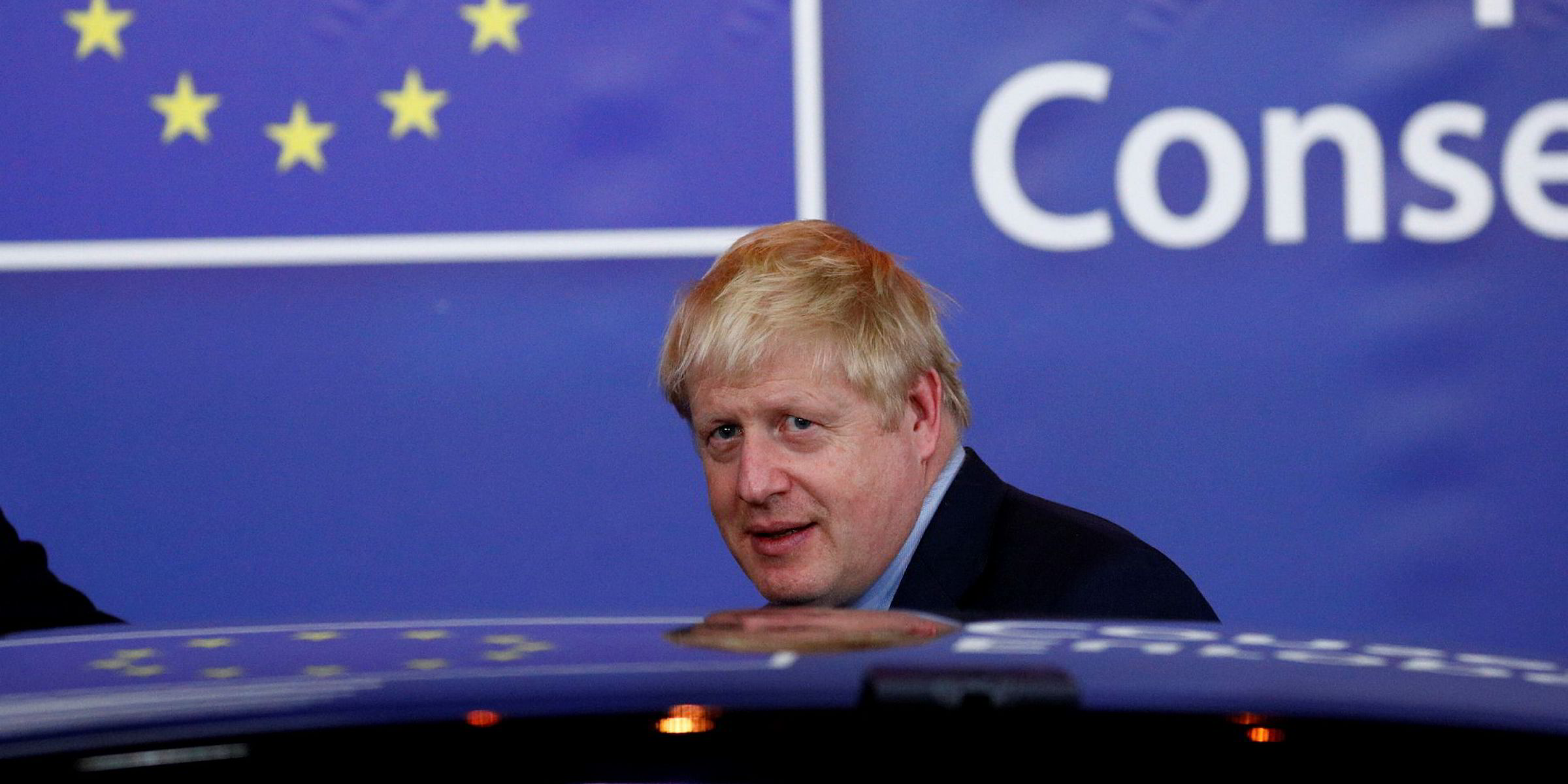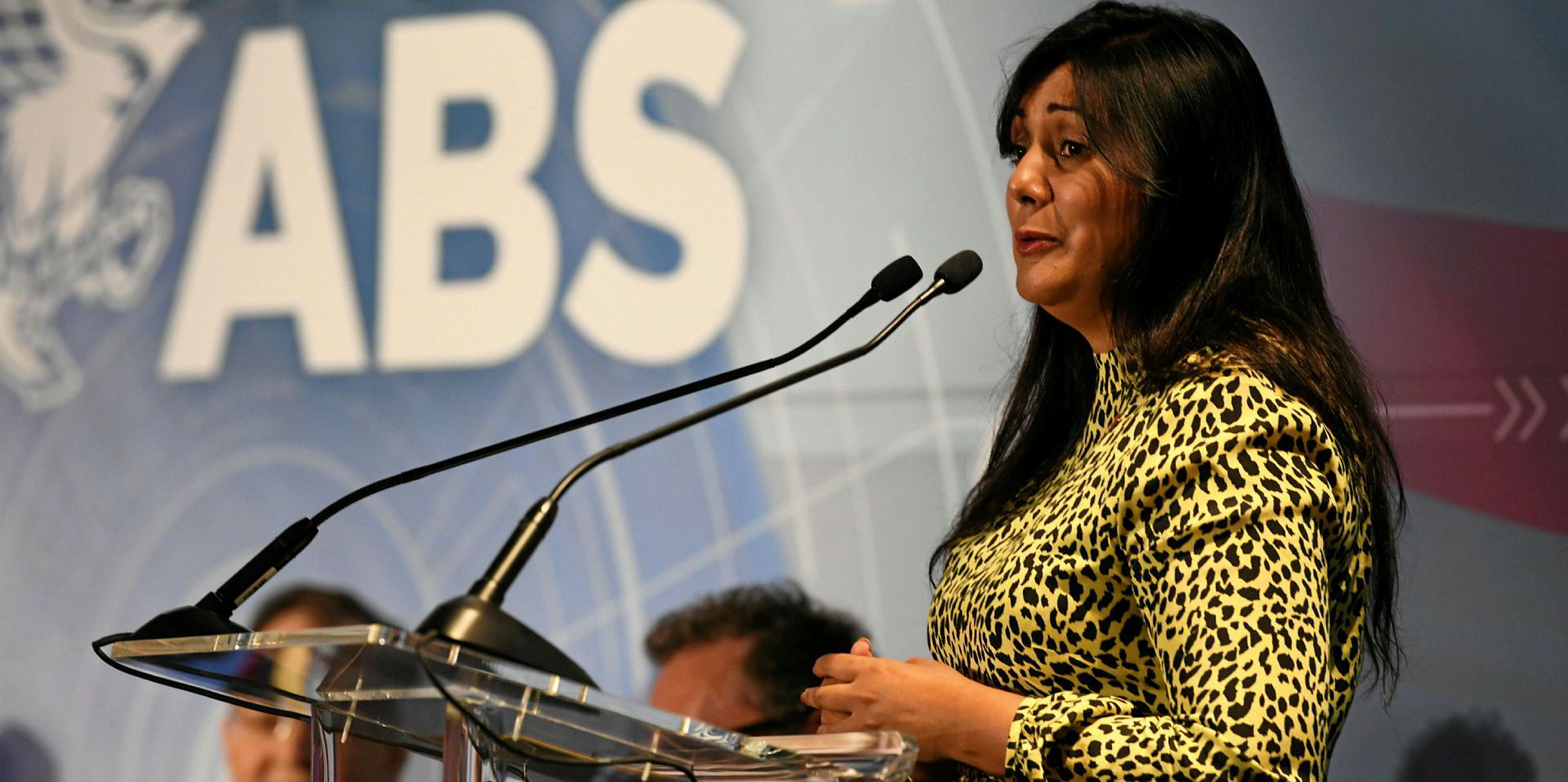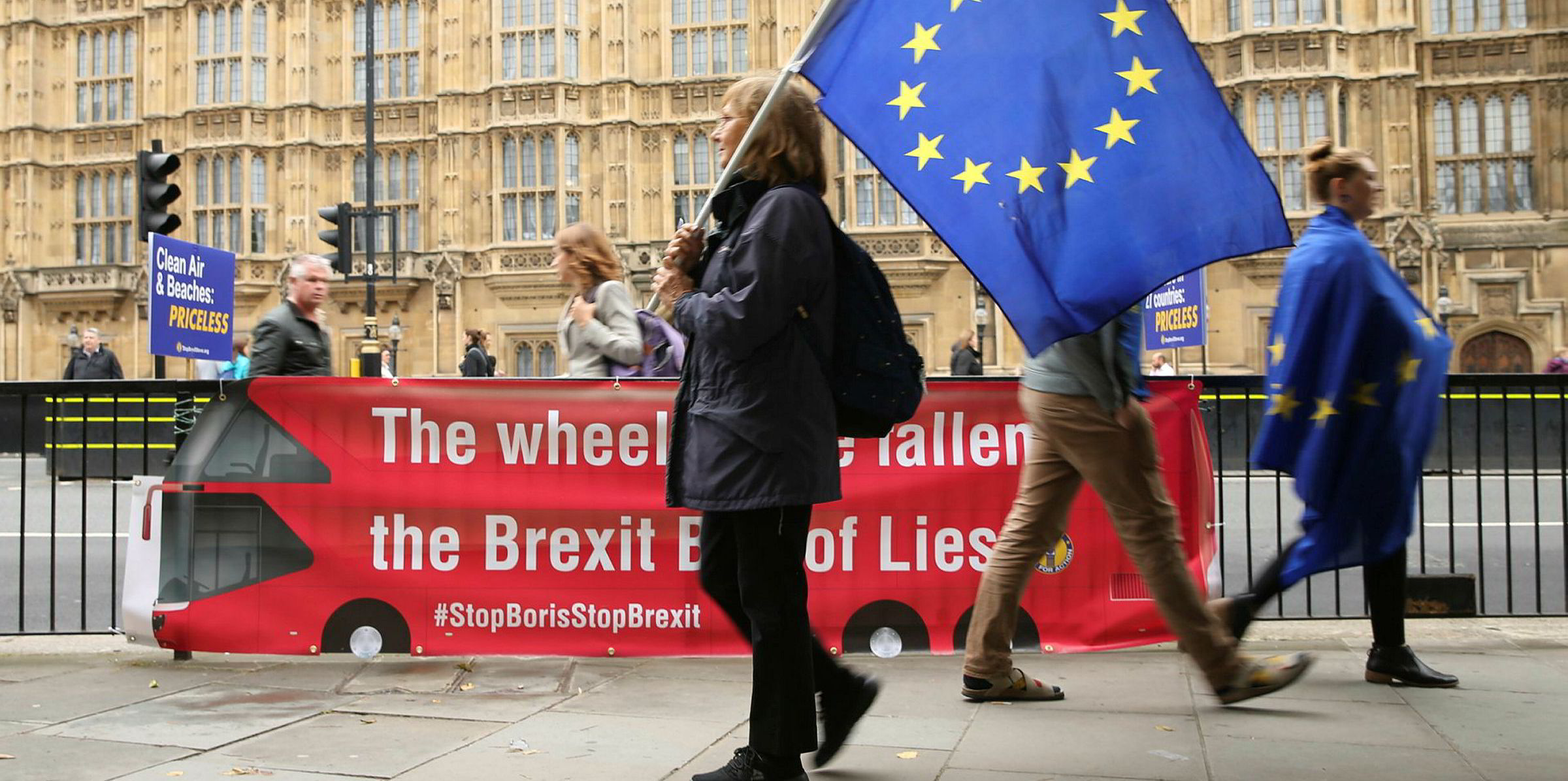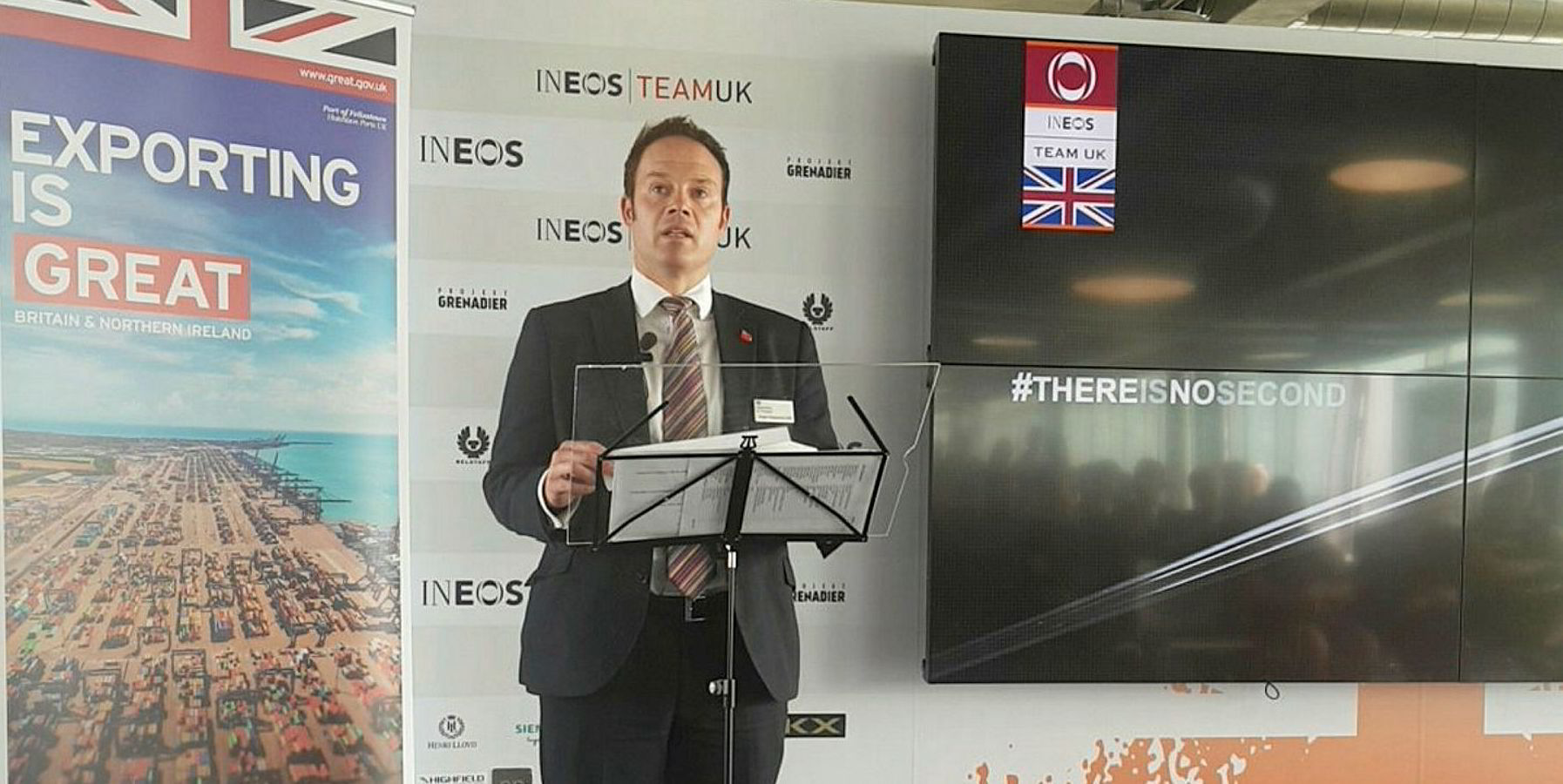Major maritime organisations in the UK have cautiously welcomed news that the Government has struck a Brexit deal with its counterparts in the European Union (EU).
The UK Chamber of Shipping said it "broadly" welcomed news of the agreement with the EU.
“This deal provides the basis for a negotiated settlement with a transition period, something we have long called for," said the organisation, which represents UK-based shipowners and shipping businesses.
“We recognise that much still needs to be agreed though as part of any future trade deal.”
The British Ports Association (BPA) echoed this sentiment, but said some fundamental unsolved issues still remain for ports across Britain and Ireland.
"We have repeatedly warned that a no-deal Brexit would be unacceptable and we now look forward to a more orderly process and reiterate our view that a future relationship should prioritise the flow of trade at our frontiers," said Richard Ballantyne, chief executive of the BPA.
Questions remain over the fate of the agreement forged between UK Prime Minister Boris Johnson and the EU.
Speaking at a press conference in Brussels on Thursday, European Commission President Jean-Claude Juncker called the deal a "fair" outcome and said there was no need to extend the Brexit deadline.
The Brexit agreement, however, remains subject to approval by the UK House of Commons, which will vote on Saturday.
Remaining issues
In maritime, one of the biggest Brexit-related issues still to be tackled is that of UK seafarer certification, according to trade union Nautilus.
"It is still unclear whether the European Commission and the European Maritime Safety Agency (EMSA) will enable a continued system of mutual certificate recognition," said Mark Dickinson, secretary-general of Nautilus.
"Our members still face considerable uncertainties over the steps they should be taking to revalidate their certificates and to maintain their ability to work on ships flying other EU member flags."
Nearly 4,000 UK seafarers are in this position, according to European Commission estimates.
Nautilus said it is essential that British seafarers remain covered by EU directives on health, safety and social security.
"The government must act immediately to ensure that, post-Brexit, UK ships remain in harmony with EU standards, so they can trade in EU ports, and not face unnecessary detentions for non-compliance with policies, rules and administration of the Paris MoU, which sets the framework for EU port state control," Dickinson said.
Post-Brexit relationships
Attention now turns to how UK-EU maritime relationships will stand once the UK formally leaves the bloc.
For shipping, the most relevant relationship that will be affected will be the UK's participation in intergovernmental maritime regulation programmes with EMSA, which is an EU agency.
The UK will still be able to participate in several of these programmes, but not those over which EMSA has exclusive ownership, such as the Clean Sea Net and Safe Sea Net programmes.
The UK would have the option of establishing its own agencies to cover these duties, according to a UK Chamber of Shipping position paper.
Not all EMSA programmes require EU membership for participant countries because the programmes respond to various directives and conventions agreed by the EU and IMO.
Elsewhere, Martin Dorsman, secretary-general of the European Community Shipowners' Association (ECSA), has confirmed to TradeWinds that the UK Chamber of Shipping can remain as member of ECSA, according to the organisation's bylaws.
"It needs a board decision once the Brexit decision is finalised but the UK CoS’s position on shipping files is fully aligned with ECSA’s position. No reason to assume that would change," Dorsman said.(Copyright)







